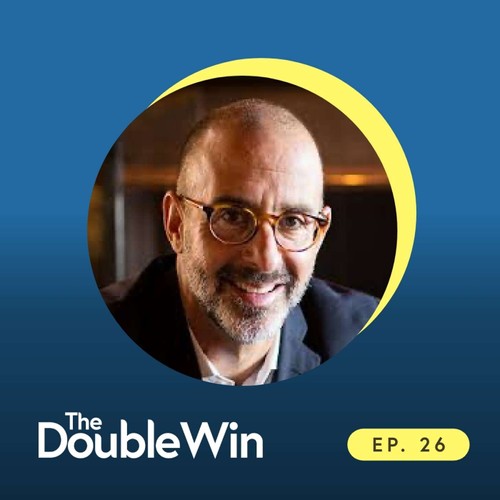
 The Double Win
The Double Win DANIEL HARKAVY: Coaching Yourself Toward Flourishing
55 snips
Dec 4, 2024 Daniel Harkavy, CEO of Building Champions and a leadership author, shares insights on self-leadership and personal flourishing. He emphasizes the importance of establishing boundaries and crafting a life plan to succeed at work and home. Harkavy discusses how effective leadership stems from personal contentment rather than competition, highlighting the value of external perspectives. His transformative coaching tactics advocate for accountability and relationship-building, reinforcing the idea that personal growth is key to organizational success.
AI Snips
Chapters
Books
Transcript
Episode notes
Setting Boundaries
- Set boundaries between work and personal life to avoid burnout.
- Hold yourself accountable, potentially by involving someone you trust to check in on your progress.
Balanced Leadership
- Being well-balanced improves leadership effectiveness.
- People judge you based on how you present yourself, not just your work.
Contentment vs. Competition
- Constant exposure to others' successes can hinder contentment.
- Focus on your own path and avoid comparing yourself to others.









